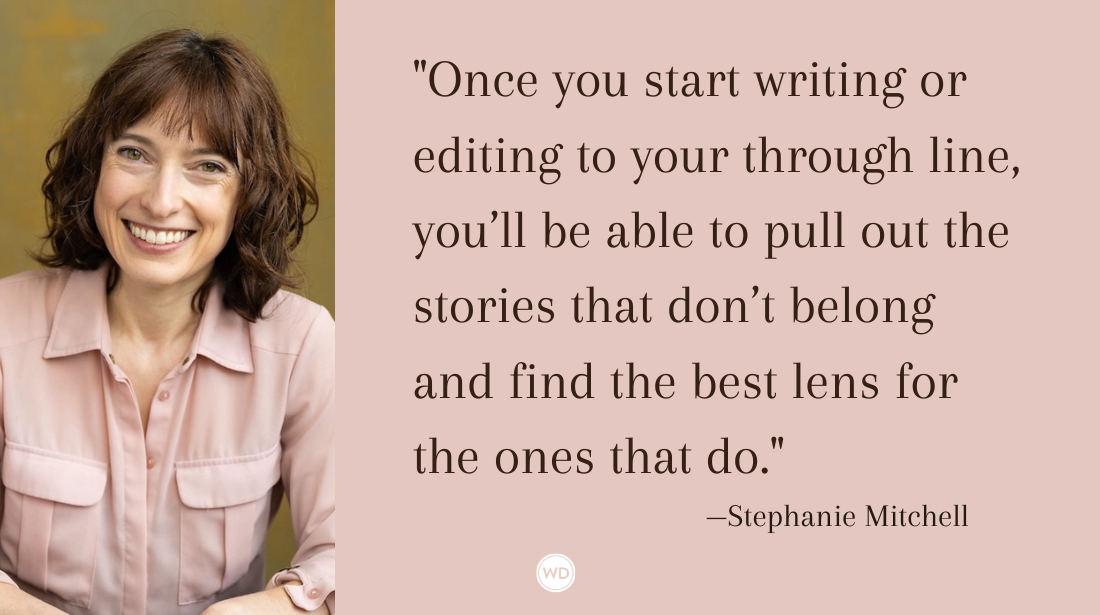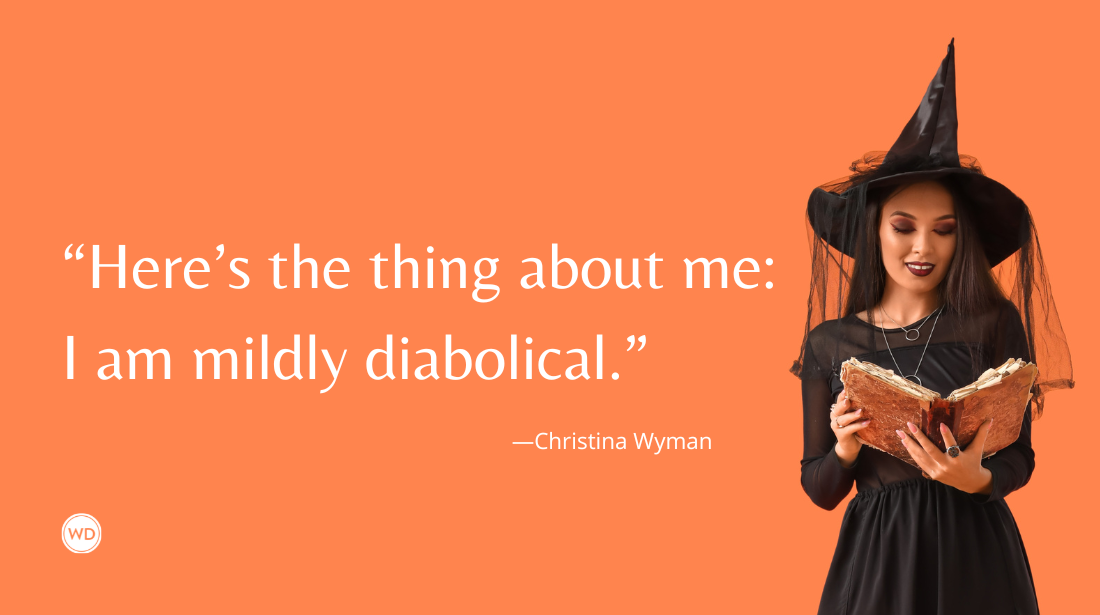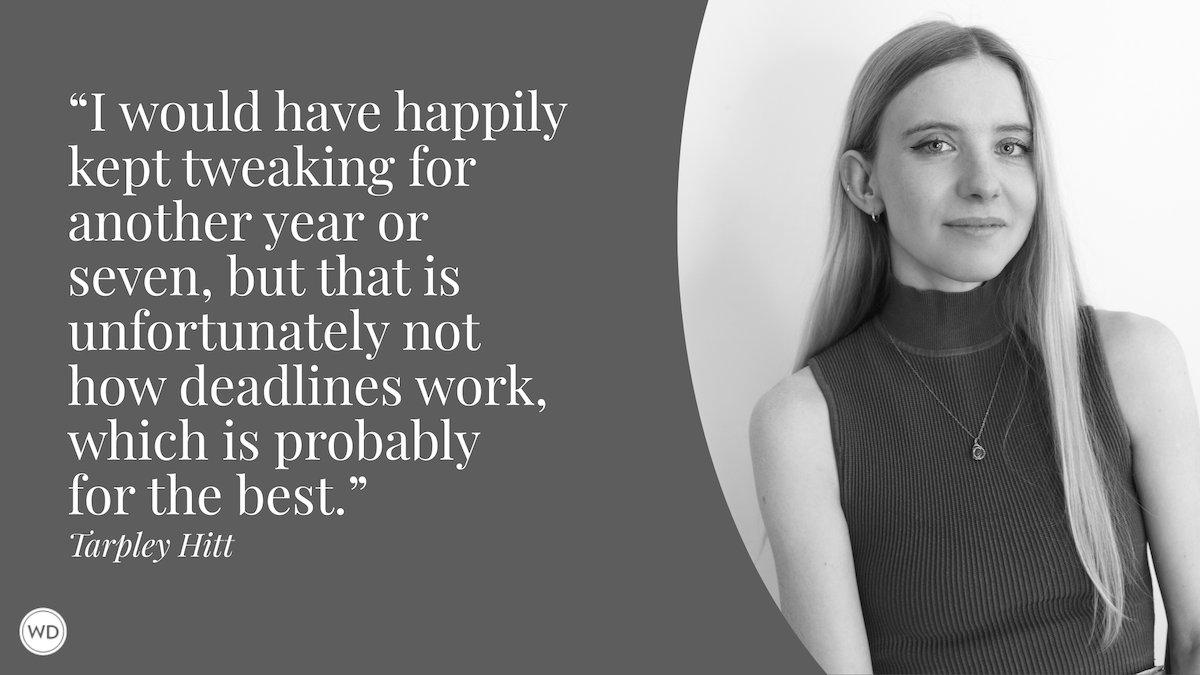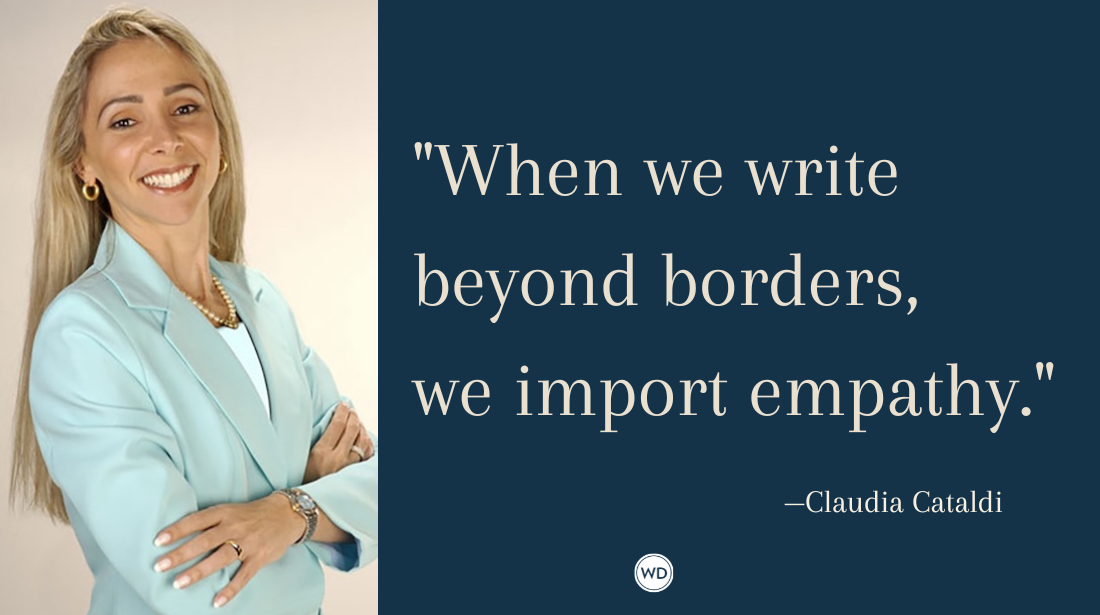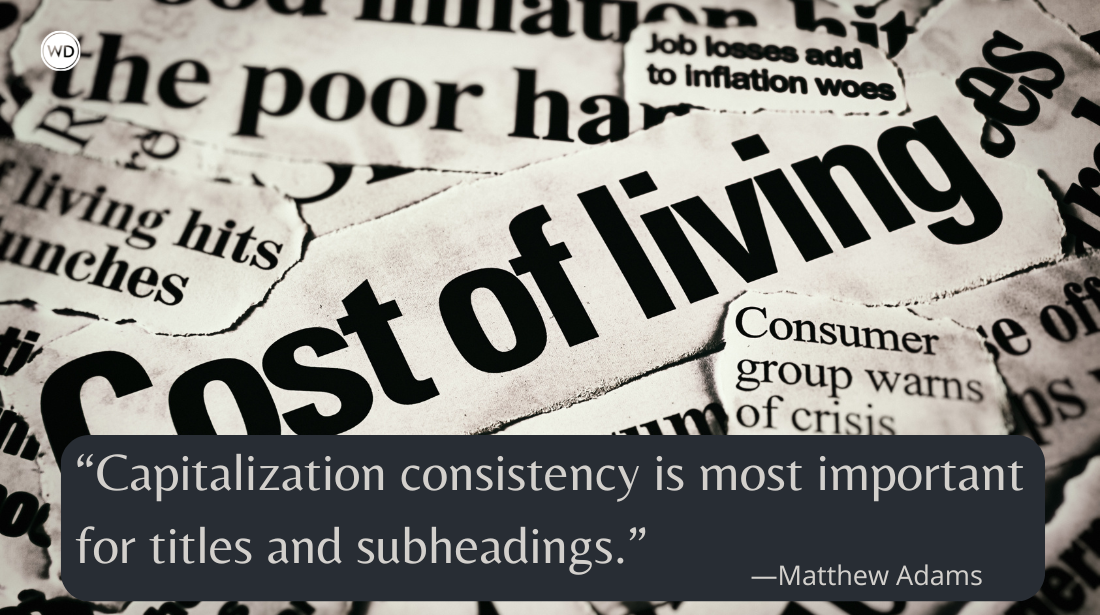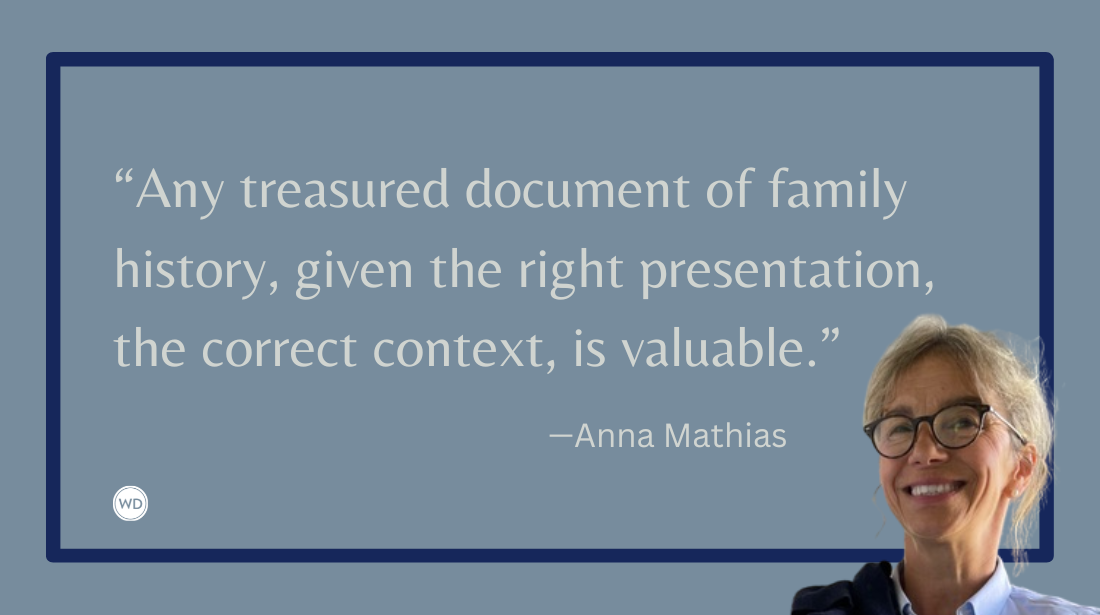Writing Memoir: Art vs. Confessional
Continuing with the theme of memoir this week, Susan Cushman (pictured above) is today’s guest on NO RULES. Like Darrelyn Saloom, Susan was deeply impacted by the reading of Robert…
Continuing with the theme of memoir this week, Susan Cushman (pictured above) is today's guest on NO RULES. Like Darrelyn Saloom, Susan was deeply impacted by the reading of Robert Goolrick at the Oxford Creative Nonfiction Conference.
Susan will be a new monthly guest blogger, so please offer her a warm welcome. You can also find Susan over at A Good Blog Is Hard to Find and Pen and Palette.
--
A couple of years ago, during a manuscript critique workshop I was attending in Oxford, Mississippi, workshop leader Scott Morris (Waiting for April, The Total View of Taftly) said something I will never forget:
A memoir must be artful and not just real. Yes, you’ve lived it—the abuse, the loss, the suffering—now you have to get up and above it, distance yourself, and spin a good yarn. You’ve got to create art from what you lived.
It’s not that he was being insensitive to the painful stories that were so courageously shared by the new writers at the workshop—he genuinely cared about what we had lived through. But he wasn’t there in the role of therapist. He was there to help us become better writers. “We write to reclaim a part of our life,” he said, “but it has to be about the art.”
There are plenty of opportunities to talk about the trauma in your life, if that’s what you want to do. If you’re into public confession, you can get paid to air your dirty laundry on talk shows. If it’s healing you’re after, there are the traditional and private venues like the psychologist’s office and the church confessional. If you believe you just have to write about what happened to you, go ahead.
But don’t try to get it published, unless you do the hard work of spinning that painful experience into the golden threads of an artful memoir.
My favorite memoirists have all done this well: Mary Karr has mined a rough childhood for three brilliantly written volumes: The Liar’s Club, Cherry and Lit. Augusten Burroughs has carried his horrific story through nearly a half dozen books. Haven Kimmel’s A Girl Named Zippy and She Got Up Off the Couch were anything but sappy confessionals. And Kim Michelle Richardson’s heartbreaking story of abuse at the hands of priests and nuns at the Catholic orphanage where she grew up—The Unbreakable Child—reads more like a novel than a revenge piece. (Although her attorney has certainly called Rome into account.)
In November I was down in Oxford (Mississippi) again—this time as co-director of the 2010 Creative Nonfiction Conference—when I was treated to yet another unveiling of a memoir masterpiece.
I hadn’t even read his work yet when I introduced Robert Goolrick as one of the panelists for our afternoon session. He was going to be signing and reading from his memoir, The End of the World As We Know It, later that evening at Off Square Books.
I had no idea what I was in for. I sat near the front so that I could take pictures for my blog, but I almost had to leave before it was over, for fear of disturbing the others who had come to hear him. You see, I was bawling during most of his reading. People were passing me tissues. A new acquaintance put her arm around me supportively.
Goolrick was raped by his father “just once” when he was a small boy and his father was drunk. His memoir describes, in the most powerful, dark, poetic prose I've ever read on the subject, the ongoing affects on the soul of the person who is violated in this way:?
If you don't receive love from the ones who are meant to love you, you will never stop looking for it, like an amputee who never stops missing his leg, like the ex-smoker who wants a cigarette after lunch fifteen years later.
It sounds trite. It's true.?? You will look for it in objects that you buy without want. You will look for it in faces you do not desire. You will look for it in expensive hotel rooms, in the careful attentiveness of the men and women who change the sheets every day, who bring you pots of tea and thinly sliced lemon and treat you with false deference. …
You will look for it in shop girls and the kind of sad and splendid men who sell you clothing. You will look for it and you will never find it. You will not find a trace.
If you haven’t guessed by now, I was sexually abused. First, by my grandfather when I was a young girl. And later by others in my young adult life. And yes, I’ve spent many hours talking with therapists and priests and other victims of abuse, and no, I’m not okay. If Goolrick is right, I may never be okay.
And yet I found it darkly comforting, listening to him read these words that explain why he decided to tell his story:
I tell it because there is an ache in my heart for the imagined beauty of a life I haven't had, from which I have been locked out, and it never goes away.
Writing his memoir didn’t heal Goolrick’s pain, but he certainly did “get up and above it” and what he wrote is art of the highest caliber.
My writing critique group will probably be the only people ever to read all eighteen chapters of the memoir I spent two years writing. Just as it was beginning to vaguely resemble art, I realized I wasn’t willing to go public with it, and so I abandoned it for fiction. Maybe there, in the writing of a novel, I can find “the imagined beauty of a life I haven’t had.”
Jane Friedman is a full-time entrepreneur (since 2014) and has 20 years of experience in the publishing industry. She is the co-founder of The Hot Sheet, the essential publishing industry newsletter for authors, and is the former publisher of Writer’s Digest. In addition to being a columnist with Publishers Weekly and a professor with The Great Courses, Jane maintains an award-winning blog for writers at JaneFriedman.com. Jane’s newest book is The Business of Being a Writer (University of Chicago Press, 2018).




